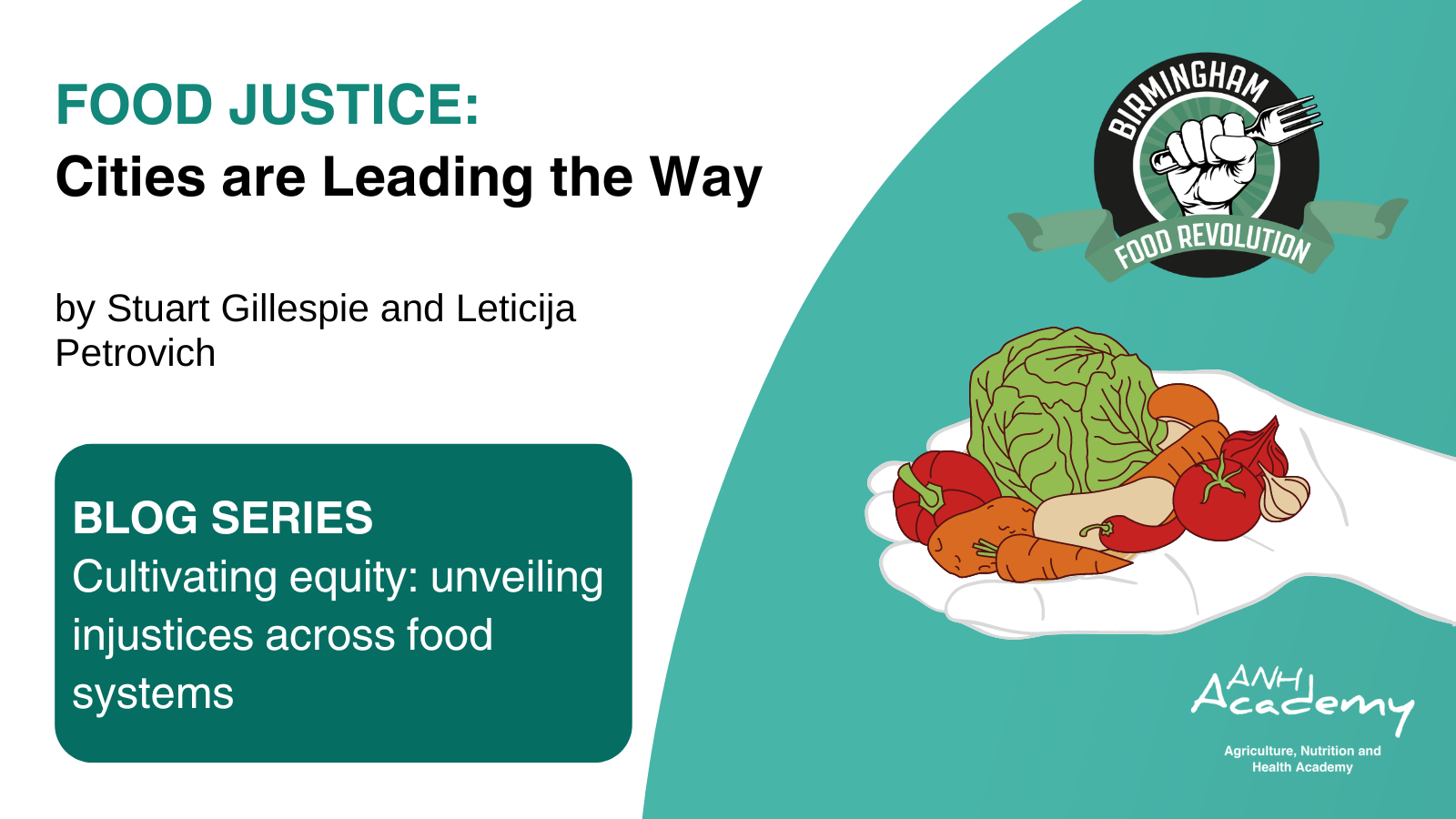Why an index on sustainable food systems?
Feeding the ever growing global population in the years to come will prove challenging and the current food systems are not sustainable:
• Climate change impacts on agricultural systems are becoming more visible yet harder to estimate whilst at the same time the ecological footprint of agriculture is increasing;
• Almost one billion people suffer from hunger whilst a third of the food is lost or wasted;
• Obesity and hunger coexist in the same country, and the rising rates of obesity put a strain on healthcare systems to the point of being economically unsustainable.
Despite these challenges, food systems are not high enough on policy makers’ agendas. More research and better data is needed in order to understand where we’re at now and what policies are needed in order to transition to sustainable food systems.
The Food Sustainability Index is the next step in building a body of research on sustainable food systems, how they work and what policies are necessary in order to achieve the SDGs by 2030. The project aims to promote food and its surrounding issues of production and access to the top of the agenda for the near future. The research is presented in the form of a benchmarking tool that can help policy makers identify the areas of urgency/priority and the need for action. Another key project objective is to integrate this work within the global efforts around achieving the SDGS by 2030. Each indicator in the index tool can be linked to one or more relevant SDGs (see image below). These links show that the index is not only relevant for the second SDG focusing on hunger but also to the others such as climate change action, life on land, sustainable cities, employment, responsible consumption and production, as well as gender equality, good health, education, and infrastructure. 
Project methodology
The index framework
The Food Sustainability Index framework is based on a literature review, a data availability audit as well as discussions with experts from different areas, such as nutrition, public health, food waste, soil erosion, sustainable agricultural practices, etc. The result of these discussions and data-driven research is a framework composed of more than 50 individual metrics combined into indicators and categories that make up sustainable food systems. With three types of metrics: environmental, societal, and economic, the index innovates by including qualitative indicators that assess the quality of policy responses to several challenges such as reducing food waste, smallholder land ownership protection, sustainable urban agriculture initiatives, etc. The index is scored from 0-100 with 100 being the best score. Details of the framework can be found on our website.
Defining sustainable food systems
In addition to the data availability challenge, there was the issue of defining sustainable food systems. There are many definitions and the index takes the view that these are systems that allow the present generation of people to feed themselves whilst allowing future generations to do so with the same resources. Defining food systems at a country level can also prove challenging in a globalized world with global challenges. However, the index provides a starting point for conceptualizing food systems at a scale that is the most appropriate and efficient for the policymaking community, i.e. country-level. The index framework is one of the first to take a holistic view of food systems rather than just focus on one specific aspect, such as hunger or agricultural practices, and is thus an innovation in the space of sustainable food systems thinking.
A stepping-stone for in-depth research into sustainable food systems
What does the index tell us about food systems?
The most striking fact about this index is that no country has achieved the perfect score of 100 . This shows us that our current food systems are far from sustainable and there is a need for more in-depth studies into how to transition to sustainable food systems, as well as better policy incentives.
How to use the index in research?
The index is a first step towards more sustainable food systems and can help policy makers understand where each country is at in terms of the sustainability of their food systems and to identify the policy areas where the most urgent action is needed. The index is also intended for academics and researchers to use in their work, as a starting point for in-depth studies around key issues highlighted by the index. For instance, the Food Sustainability Index is the inspiration for the forthcoming index on agro-biodiversity which will be launched by Bioversity International later this year. Another example is the UK Food Ethics Council’s forthcoming publication using the index to understand the situation in the UK.
Future developments and conclusion
The index offers researchers and academics a comprehensive framework for thinking sustainable food systems and a starting point for more in-depth studies around key issues highlighted in the project such as mapping soil erosion; quantifying food loss and waste at different stages along the food chain; investigating the impact of agricultural subsidies on the sustainability of food systems; tracking the evolution of smallholder property rights enforcement; or researching the links between the diversified agricultural systems, the dietary patterns of consumers and the levels of micronutrient deficiencies.
These are only a small number of issues that are worth further investigating, with the Food Sustainability Index as a starting point. The uptake of the index in policymaking, in research, as well as the continuous improvement of data availability will be the object of a number of workshops and events throughout the comings months and years, gathering researchers, experts, policymakers and civil society representatives around the issue of sustainable food systems.
 This blog has been contributed by ANH Academy member Maria-Luiza Apostolescu, Public Policy Analyst, the Economist Intelligence Unit. For more information, please contact Maria-Luiza using the ANH Academy members' database (members-only access).
This blog has been contributed by ANH Academy member Maria-Luiza Apostolescu, Public Policy Analyst, the Economist Intelligence Unit. For more information, please contact Maria-Luiza using the ANH Academy members' database (members-only access).






